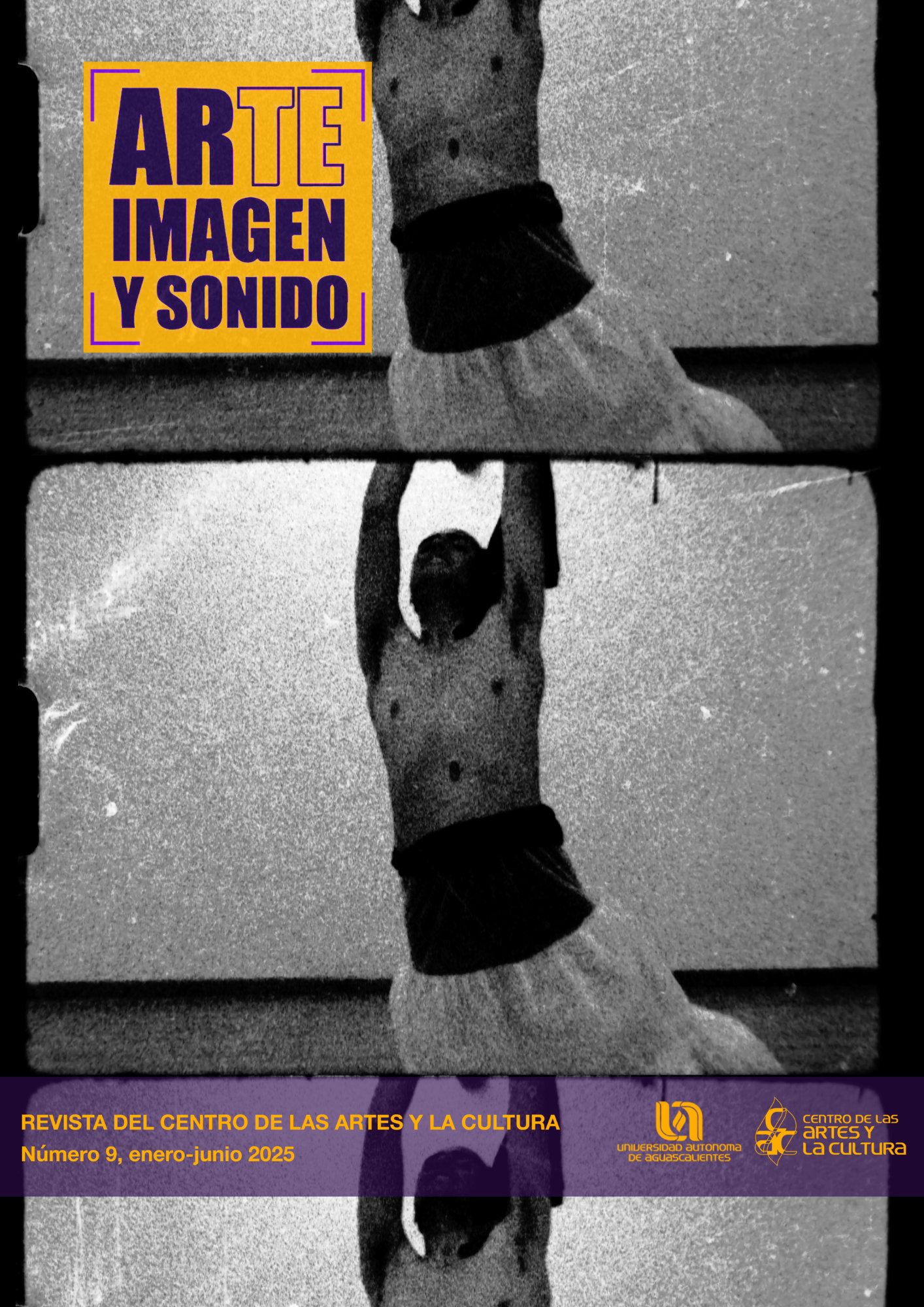No Fun / Al final sí estábamos solos: An Analysis of the «Precariousness of Existence» from the Perspective of Video Art
DOI:
https://doi.org/10.33064/9ais6843Keywords:
suicide, body, territory, alienation, gore capitalismAbstract
The body, hanging in a position of death, is simultaneously a visible figure and a sign of something missing: life, breath, agency. In No Fun by Eva and Franco Mattes, as well as in Al final sí estábamos solos by Israel Martínez, Eva and Franco Mattes manage to encapsulate this instant in which life vanishes and, with it, the meaning we give to corporeal presence. The suspended body, visible but absent in its essence, becomes an emblem of the precariousness of an existence, an existence that disintegrates in the emptiness of representation. This text will explore how these performances account for the sociocultural phenomenon of suicide, taking as a cornerstone an analysis from gore capitalism (Sayak Valencia) and a quartet of voices between Deleuze, Guattari, Fisher and Byung-Chul Han to recognize the structures that push the subject to the edge of its existence, revealing a life constantly threatened by its own disappearance.
Downloads
References
Colquhoun, Matt. Egreso. Buenos Aires: Caja Negra, 2021.
Deleuze, Gilles y Félix Guattari. El Anti Edipo. Paidós, 1986.
Deleuze, G., & Guattari, F. Mil mesetas: Capitalismo y esquizofrenia. Pre-Textos, 2004.
Fisher, Mark. Realismo capitalista. Caja Negra, 2016.
Han, Byung-Chul. Capitalismo y pulsión de muerte. Cronicon, 2022.
https://cronicon.net/wp/wp-content/uploads/2022/11/0001-Capitalismo-y-pulsion-de-muerte-Chul-Han.pdf
Han, Byung-Chul. La sociedad del cansancio. Barcelona: Herder Editorial, 2017. DOI: https://doi.org/10.2307/j.ctvt9k12c
https://www.derechopenalenlared.com/libros/la-sociedad-del-cansancio-byung-chul-han.pdf
Joiner, Thomas E. Why People Die by Suicide. Harvard University Press, 2005.
Martínez, Israel. "Al final sí estábamos solos." Isra MX. Accedido el 20 de septiembre de 2024. https://isra.mx/al-final-si-estabamos-solos/
Mattes, Eva y Franco Mattes. “No fun”. Accedido el 20 de septiembre de 2024.
https://0100101110101101.org/no-fun/
Valencia, Sayak. Capitalismo gore. Melusina, 2010.
Downloads
Published
How to Cite
Issue
Section
License
Copyright (c) 2025 Álvaro Eduardo Fernández Melchor

This work is licensed under a Creative Commons Attribution-NonCommercial-ShareAlike 4.0 International License.
The copyright of the articles rests with the authors, who by publishing them agree to do so under the Creative Commons Attribution-NonCommercial-NoDerivatives 4.0 International license.













